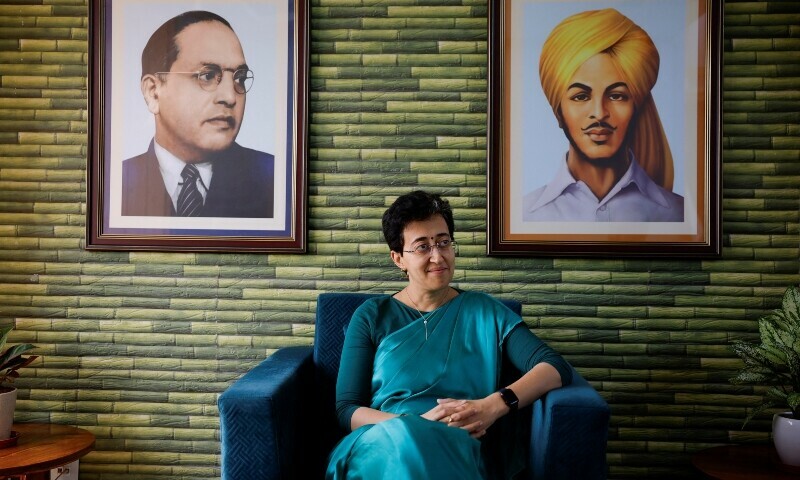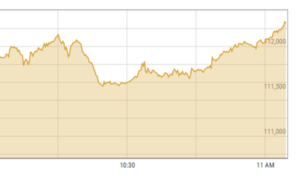Indian opposition leader Arvind Kejriwal picked Delhi minister Atishi to replace him as chief minister of the capital territory on Tuesday, allowing him to focus on winning a fresh mandate in elections due next year after getting bail in a graft case.
Atishi, 43, who uses only one name, is a founding member of the decade-old Aam Aadmi Party (AAP) that rose to national prominence after emerging out of an anti-corruption movement led by Kejriwal, a fierce critic of Prime Minister Narendra Modi.
She has been a leading face of AAP and the Delhi government after Kejriwal, 56, was arrested and detained in prison in March in a corruption case he calls “politically motivated”.
“While this responsibility lies with me, I will protect the people of Delhi and run the government under Arvind Kejriwal’s guidance,” Atishi told reporters.
Kejriwal was granted bail on Friday by India’s Supreme Court, almost six months after being detained in connection with alleged corruption in the capital city’s liquor sales policy. Kejriwal and AAP deny the allegations.
After his release, Kejriwal said he would resign as chief minister to focus on campaigning for elections for Delhi’s assembly, due to be held by mid-February. AAP leaders said Kejriwal would submit his resignation to Delhi’s lieutenant governor later on Tuesday.
Kejriwal said he would return as chief minister only if people certify his honesty by voting for him and his party, indicating what analysts said is a strategy to seek votes on the grounds that he has been wrongly targeted.
Kejriwal was arrested weeks before national elections, prompting the opposition to accuse Modi and his Bharatiya Janata Party (BJP) government of denying them a level playing field as Modi sought a record, third straight term.
Modi and BJP denied the accusations and said law enforcement agencies were only doing their job. Last week, the BJP said bail to Kejriwal did not mean he was innocent.
Rahul Gandhi, the most prominent member of the opposition Congress party and scion of a dynasty that dominated Indian politics for decades, was convicted of criminal libel last year after a complaint by a member of Modi’s party.
His two-year prison sentence saw him disqualified from parliament until the verdict was suspended by a higher court and raised concerns over democratic norms in the world’s most populous country.







